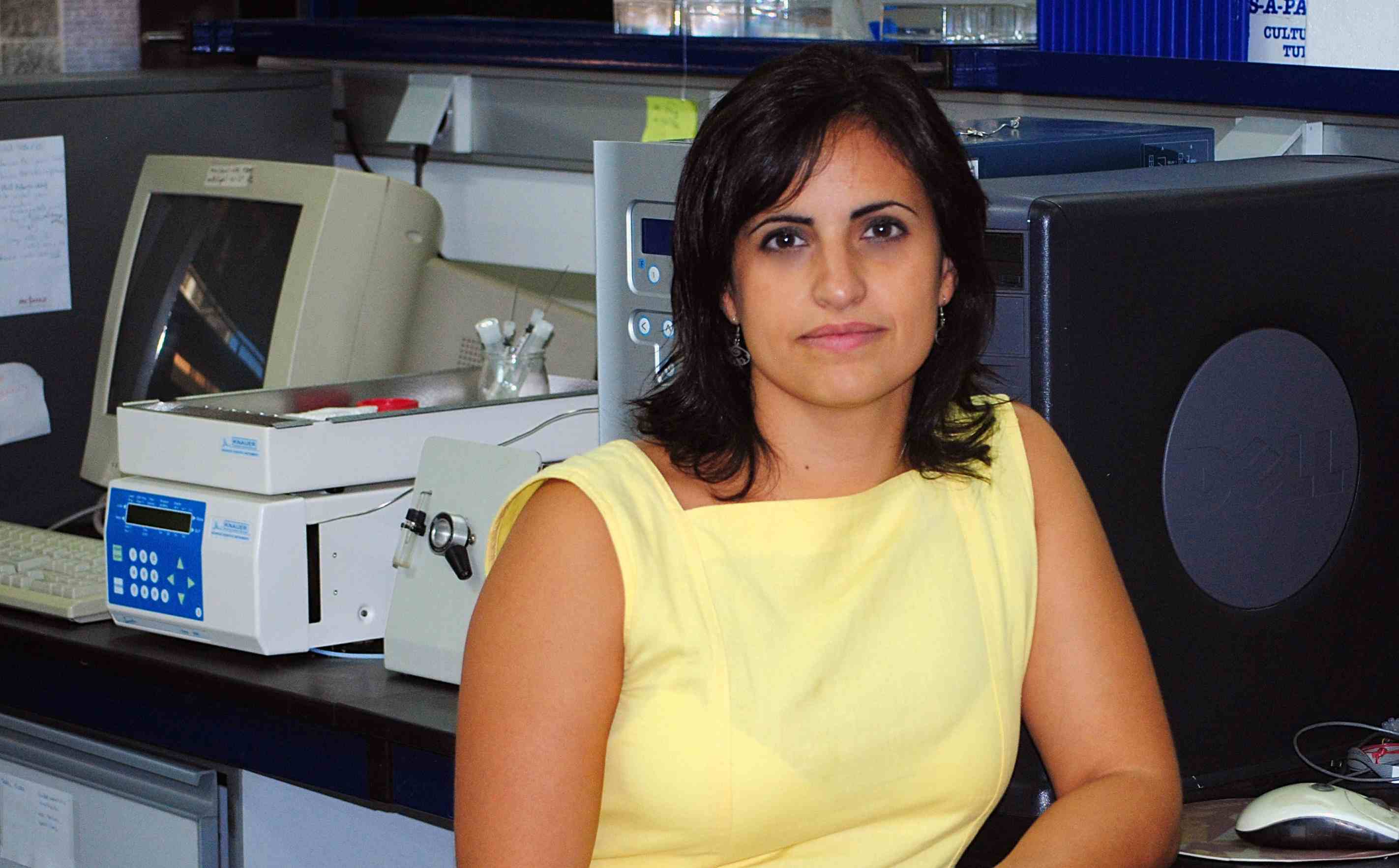
Research led by Professor Lucía Hipólito, from the Department of Pharmacy and Pharmaceutical Technology of the University of Valencia, has shown that the development of chronic inflammatory pain can promote the abusive use of drugs to find the pleasure effect and even relapse into drug use, in the case of people with a history of addiction. The conclusions of this work are published this month in Journal of Neuroscience, published by the international Society of Neuroscience.
The research, developed during the researcher's stay at the Columbia University Medical Center in New York – in the group led by Dr. José A. Morón –, and also in the laboratories of the Faculty of Pharmacy of the University of Valencia, reveals that the changes produced by pain in the brain cause patients to increase the doses of opiate drugs or to relapse into addiction, but "not to attenuate the pain, but to feel the effect of pleasure, that is to say, that altering the pain", clarifies Hipólito. "Pain interferes with the system that regulates sensations of pleasure and causes the amount of medication to be increased, when a smaller dose of analgesic is effective to combat the inflammatory discomfort", argues the professor.
SAFER THERAPIES
The results of this work are relevant because they provide new data on the neurobiological mechanisms involved in the effect that the presence of pain has on addictive disorders and, consequently, serve as a basis for studying new, safer therapeutic strategies for the treatment of chronic pain and more effective against possible relapses into drug use. In addition, they will improve the control of the consumption of analgesic drugs, which have dangerous side effects.
The treatment of chronic pain with opiate derivatives is a challenge in medicine, both for patients and for doctors, given the risks of addiction. In fact, this problem, according to recent clinical data, is exacerbated in the case of patients with a previous history of drug addiction (alcohol, cannabis, opiates), many of whom may be left without effective treatment. Hipólito recalls that previous research showed that 30% of patients who were in alcohol withdrawal or methadone replacement treatment treated for a painful condition admitted to illegal drug use, theoretically to relieve pain.
Lucía Hipólito carries out her teaching and research activities in the Department of Pharmacy and Pharmaceutical Technology of the Faculty of Pharmacy. She completed predoctoral fellowships at the University of Cambridge and the University of Medicine of New Jersey (UMDNJ), and developed her postdoctoral project at Columbia University, where she focused on the study of chronic pain and opioid addiction. In his research group at the University of Valencia, led by professors Ana Polache and Luís Granero, two lines are being developed linked to addictive disorders, one of which analyses the role of metabolism in the phenomena of relapse to alcohol, and the other – in collaboration with the research group led by Dr. José A. Morón from Columbia University – affects chronic inflammatory pain as a factor that can influence addictive disorders.

.jpg)











